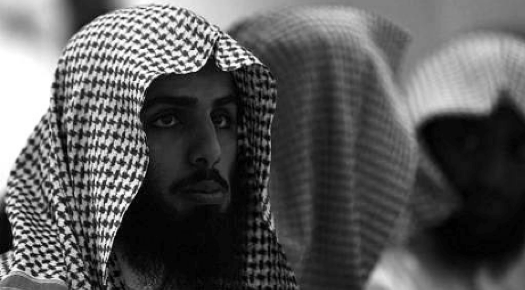
Saudi Arabia recently issued new guidelines, defining and curtailing the powers of the kingdom’s religious police. After being criticized for being too intrusive and often using deadly tactics, the Haia force, which is supposed to ensure that citizens abide by the country’s ultraconservative Islamic code, was asked to be gentle and humane in dealing with the public.
“Neither the heads nor members of the Haia are to stop or arrest or chase people or ask for their IDs or follow them - that is considered the jurisdiction of the police or the drug unit,” the regulations state.
Hereon, members of the religious police, also known as mutawas, would not have the power to chase citizens down the street or demand to check a person’s identity and other documents. The revised directives, which were approved by the cabinet and published on April 12, also state that mutawas would not be able to arrest or entrap people, as this power belongs exclusively to the police or drug enforcement officials.
The semi-autonomous force, typically called Commission for the Promotion of Virtue and Prevention of Vice, which includes approximately 5,000 personnel, is known for patrolling streets, parks, malls, combatting drug-use, barring unrelated men and women from mingling in public and ensuring all shops shut for daily prayers, also known as azaan. It is also one of the many government agencies that occasionally monitor online activity within the kingdom.
More often that not, mutawas have stopped moving cars in public places to check if the men and women sitting inside are married or directly related. The new directives appear to be an attempt towards changing such practices though it is still not clear how the revised measures would be implemented.
Saudi Arabia abides by an ultraconservative interpretation of Islam, whereby women must dress in long, loose robes known as abayas and not drive cars or mingle with unrelated men. When in public, several Saudi women choose to cover their faces with a veil known as niqab. Recently however, videos posted online of Saudi women protesting members of the religious police when asked to leave malls for wearing nail paint or makeup and showing their faces or gloveless hands, have gone viral. The new guidelines therefore seem to be codifying the power of mutawas, who otherwise do not have a procedural manual.
Cultural and societal blogger Eman al-Nafjan said, “I’m very confident because there are so many people that are for these changes.”
According to the new directives, members of the religious police must wear visible identification badges, displaying their names, work location and work hours. The force, which already reports directly to the monarch, would no longer be monitored by the kingdom’s interior ministry but exclusively by the king. The guidelines also stipulate that men who serve the force must be of good character, reliable reputation, well behaved and not have been sentenced to longer than one year in prison or convicted of dishonest crimes.
“I believe it's a very good change,” said the former head of Mecca's religious police, Sheikh Ahmed al-Ghamdi, adding that the change could have come even sooner.
Neither were any of the mutawas immediately available for comment nor could their website be accessed on Wednesday.
Human Rights Watch however lauded Saudi Arabia for amending its existing regulations.
“This is a positive move for Saudi citizens and residents who have suffered years of harassment and abuse by the religious police,” Human Rights Watch Middle East Director Sarah Leah Whitson said. “Saudi Arabia has taken a step that could rein in longstanding religious police abuses, but authorities must enforce the new regulations for them to have any meaning.”
She said that the authorities should go even further and strip mutawas of the power to discriminate between men and women.
Photo Credits: International Business Times
